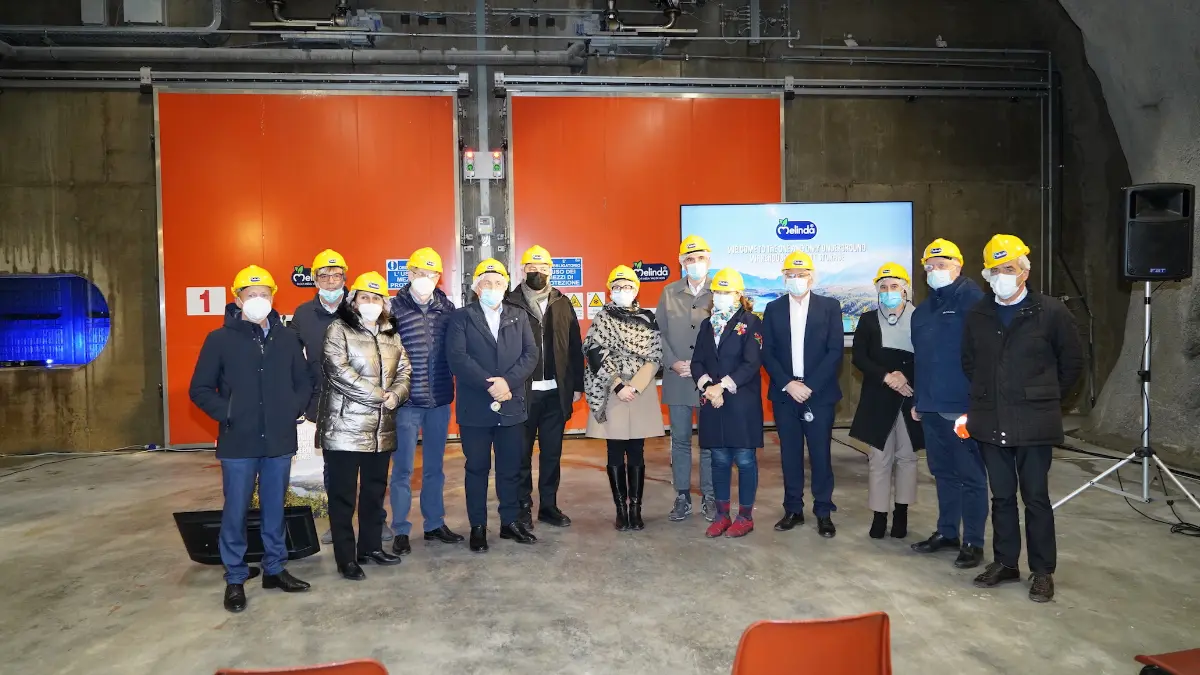
Do you want to access to this and other private contents?
Log in if you are a subscriber or click here to request service
European MP visits Melinda's underground cells
Objective: to gain first-hand knowledge of the best practice of the Trentino system

Yesterday afternoon, nine MEPs from the Committee on Agriculture and Rural Development (Agri) of the European Parliament visited the underground cells of Melinda. The delegation, led by the president Hon. The delegation, led by President Norbert Lins, with the participation of Herbert Dorfmann, started its visit programme from one of the most significant experiences of sustainability and will continue...
hef - 21798
EFA News - European Food Agency
EFA News - European Food Agency